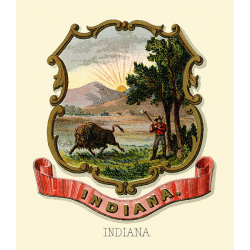
When evaluating nursing schools, the all-in cost of education is definitely a major factor to consider. To help get you on your way, here are a few important points for consideration.
Tuition and fees. In general, you should budget significantly higher tuition cost at a private school than for the equivalent course offering at a public counterpart. This is due in large part to the state and local government subsidies that public schools enjoy. Despite the lower tuition, many public institutions provide a high-quality education on par with private schools. Nonetheless, some healthcare employers will show a preference for private school graduates come hiring time.
Another important consideration is length of program. Certificate courses are less expensive because they run only 12-18 months (sometimes less). Associate's degree programs are typically two years in length, while a bachelor’s degree requires four years of study. A huge return on investment awaits the graduates of longer education programs; registered nurses can see their pay increase from $58,000 at a generalist level to $80,000+ for RN specialists with a master's degree.
If you’re ready to invest in your future, see our list below of Indiana's best nursing schools arranged from most to least expensive.
